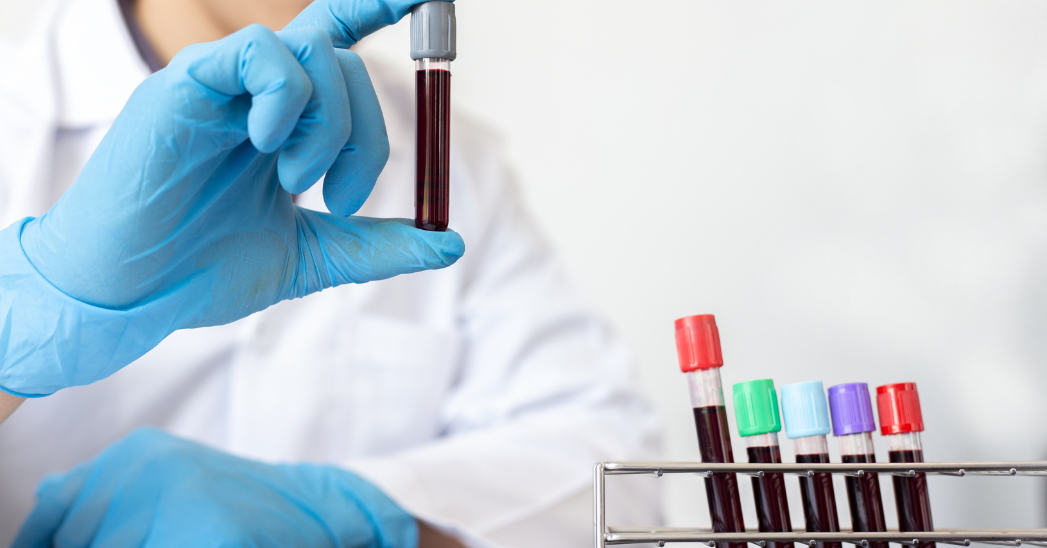
Good cholesterol: HDL cholesterol
Celine HaarhoffHigh levels of good cholesterol, also known as high-density lipoprotein (HDL), are considered a sign of good health. This type of cholesterol helps to remove fats from the blood and transport it to the liver, where it can be broken down and eliminated from the body.
A combination of genetic and environmental factors determines HDL levels. Some people may be genetically predisposed to higher HDL levels due to inherited traits passed down from their parents.
In addition to genetics, lifestyle factors such as regular exercise and a healthy diet can also play a role in determining a person's HDL levels.
High HDL levels don't have symptoms and can only be detected through a blood test.
A genetic test can help determine a person's predisposition to high HDL levels. This type of test looks for specific variations in a person's DNA associated with high HDL levels. By identifying these genetic variations, a doctor can provide personalized recommendations for maintaining healthy HDL levels and reducing the risk of developing heart disease.
It's important to note that having high HDL levels does not guarantee protection against heart disease. Research suggests that a high HDL level alone may not reduce the risk of heart disease. Other factors must also be considered, such as lifestyle and overall cholesterol levels.
Despite this, having high HDL levels is generally considered a good thing and is associated with several health benefits. high HDL levels are associated with a reduced risk of developing type 2 diabetes and a lower risk of developing certain types of cancer.
On the contrary, low HDL levels are strongly associated with high blood pressure, central obesity, and insulin resistance. A healthy diet free from sugars, processed foods, and refined carbohydrates is very important for healthy cholesterol levels.
While a genetic test can provide valuable information about a person's predisposition to high HDL levels, it's important to remember that genes are only one piece of the puzzle. To maintain healthy HDL levels and reduce the risk of heart disease, it's also important to adopt a healthy lifestyle that includes regular exercise and a balanced diet.
If you're interested in learning more about your genetic predisposition to high HDL levels, talk to your doctor about the possibility of undergoing a genetic test. This test can provide valuable insights into your risk factors for heart disease and help you make informed decisions about your health.
